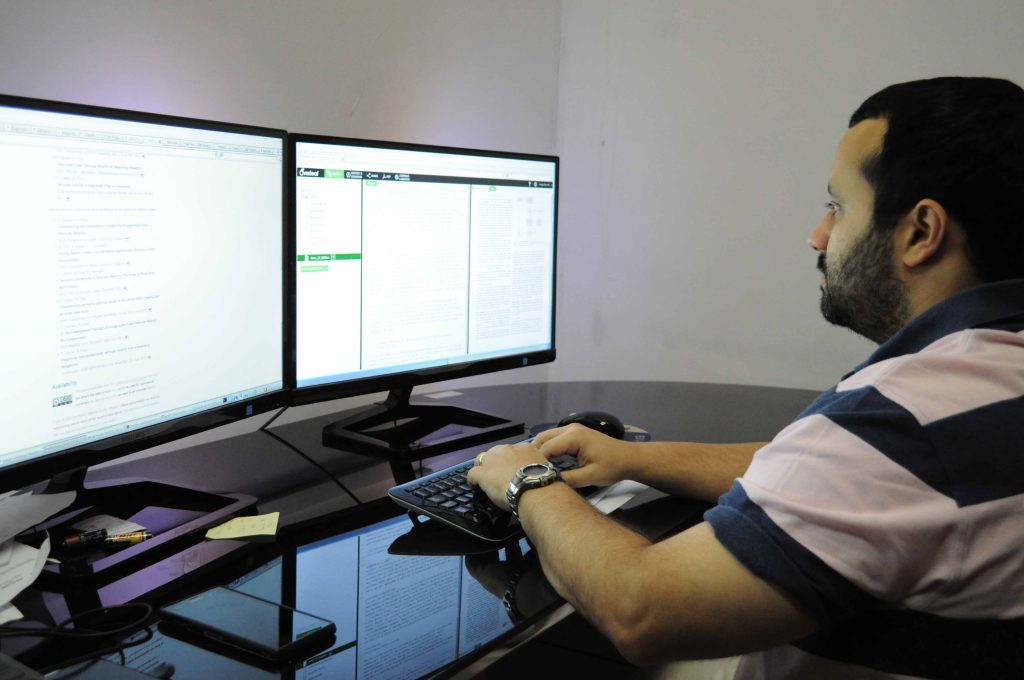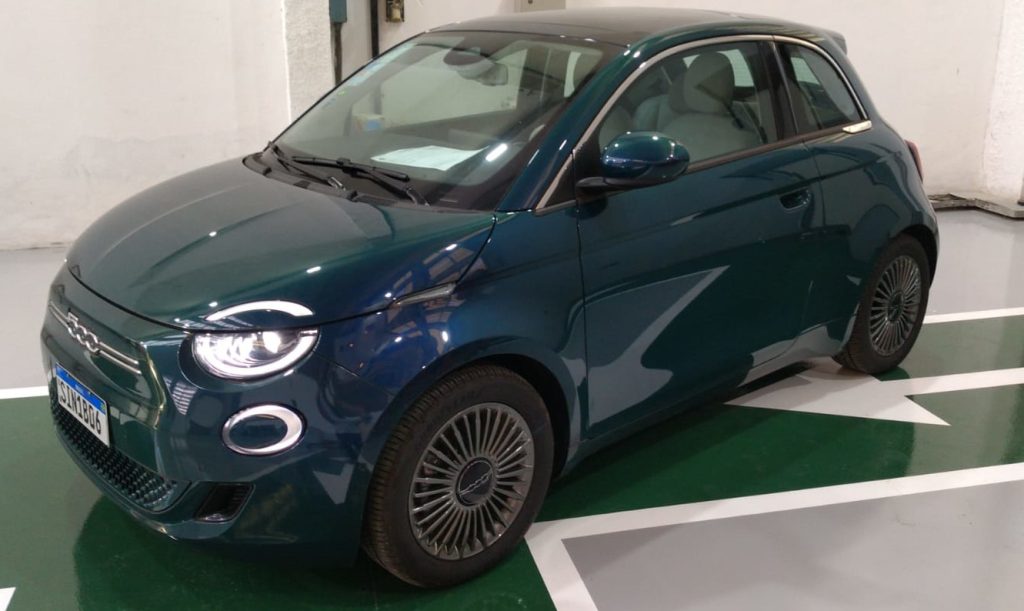Coppe researchers develop softwares for connected car security
Planeta COPPE / AI and Digital Transformation / Electrical Engineering / Energy / News
Date: 25/04/2024

Privacy has become a critical aspect in the development of vehicle connectivity technologies due to the massive data collection of many different services and devices.
Modern electric vehicles have sensors that generate large amounts of information on the status and operating conditions of their components, their location, their most frequent routes, and driver behavior, among other data. Based on the collected data, the automotive industry can develop a variety of competitive applications that bring their product much closer to the driver’s style.
This equation has been studied in depth by researchers from the Research Group of Teleinformatics and Automation (GTA) at Coppe/UFRJ, who are developing an innovative software architecture with the collaboration of researchers from the Laboratory of Alternative Energy Sources (LAFAE) and the participation of the Institute of Mathematics and Computer Science (ICMC) at USP, Stellantis, and the startup company Mobway.
This research is part of the AVADiP project (Vehicle Applications with Privacy-Preserving Distributed Learning), which includes structuring the architecture for any data collection application while guaranteeing the user’s privacy.

Coordinated by GTA/Coppe Professor Miguel Elias Mitre Campista, the project was approved in 2023 with the Priority Program for Vehicle Connectivity led by the UFMG Support Foundation (Fundep), which is part of the National Program for Green Mobility and Innovation (MOVER). The goal is to stimulate investment and strengthen Brazilian companies in the automotive industry by developing and applying new and more sustainable technologies.
The project meets the ever-increasing use of artificial intelligence (AI) and is expected to last for three years, by the end of which it will provide the automotive industry with computational tools for new machine learning models that enable users to protect personal data they do not want to share. Professor Miguel Campista from the Electrical Engineering Program at Coppe explains that even though the proposal is to study two applications of AI, the resulting architecture can enable several other applications that will enhance generated data usage by connected vehicles in the ecosystem consisting of services and public interfaces.
According to him, the input of any machine learning system is the data generated from user behavior, which is collected and stored in the cloud to be used by the automotive industry when developing applications, as a competitive way to have a product that is much better adapted to each driver.

Furthermore, the project has three simultaneous work streams, starting with data collection and management with technical support from Stellantis and two of their vehicles, one of which was recently made available at the end of January, being fully electric and currently located at Coppe. “Our first challenge is to produce and store data to train the application models. For this initial stage, data collection is being implemented via an offline test bench. In addition, we are simultaneously developing machine learning models while maintaining privacy and software architecture. In the later stages, when we have stored enough data, we will integrate all work streams into a single system”, he explains.
Two new applications will be developed based on the resulting software architecture. The first one will identify vulnerable users near the vehicles. The second one, in turn, will predict battery health and electric vehicle range. Both applications are affected by driving patterns and use models generated by machine learning algorithms with distributed data acquisition architecture.
- Artificial Intelligence
- automobile
- connection
- Software
